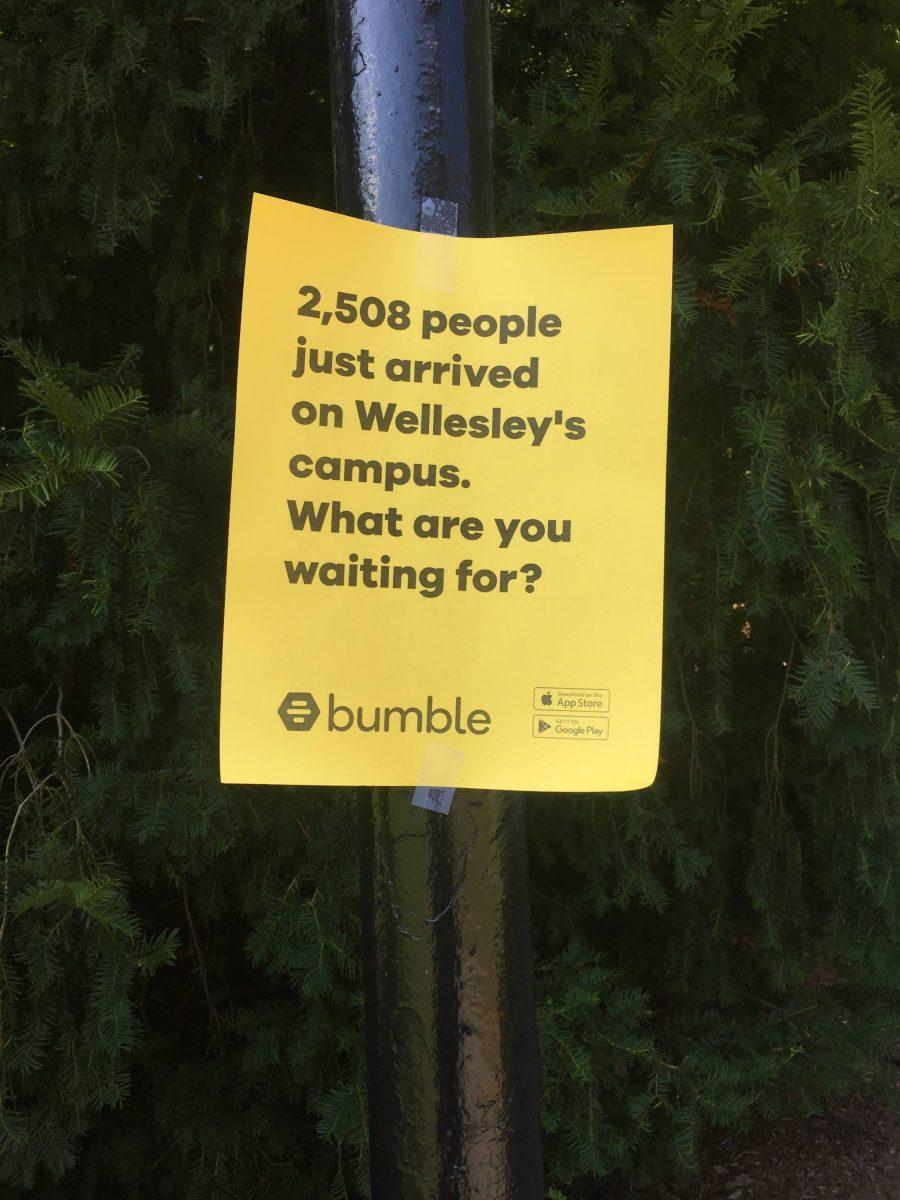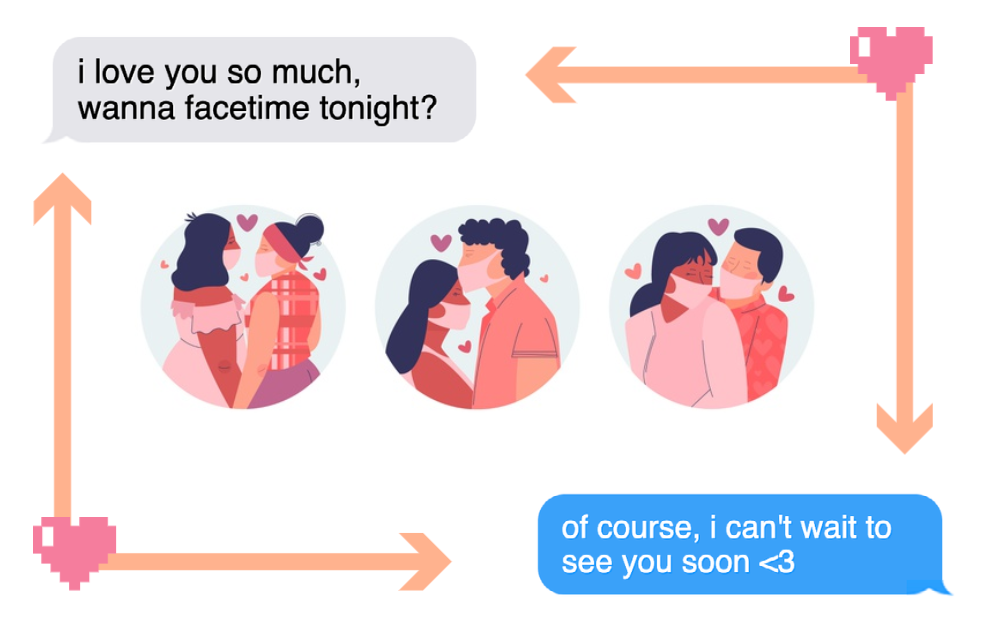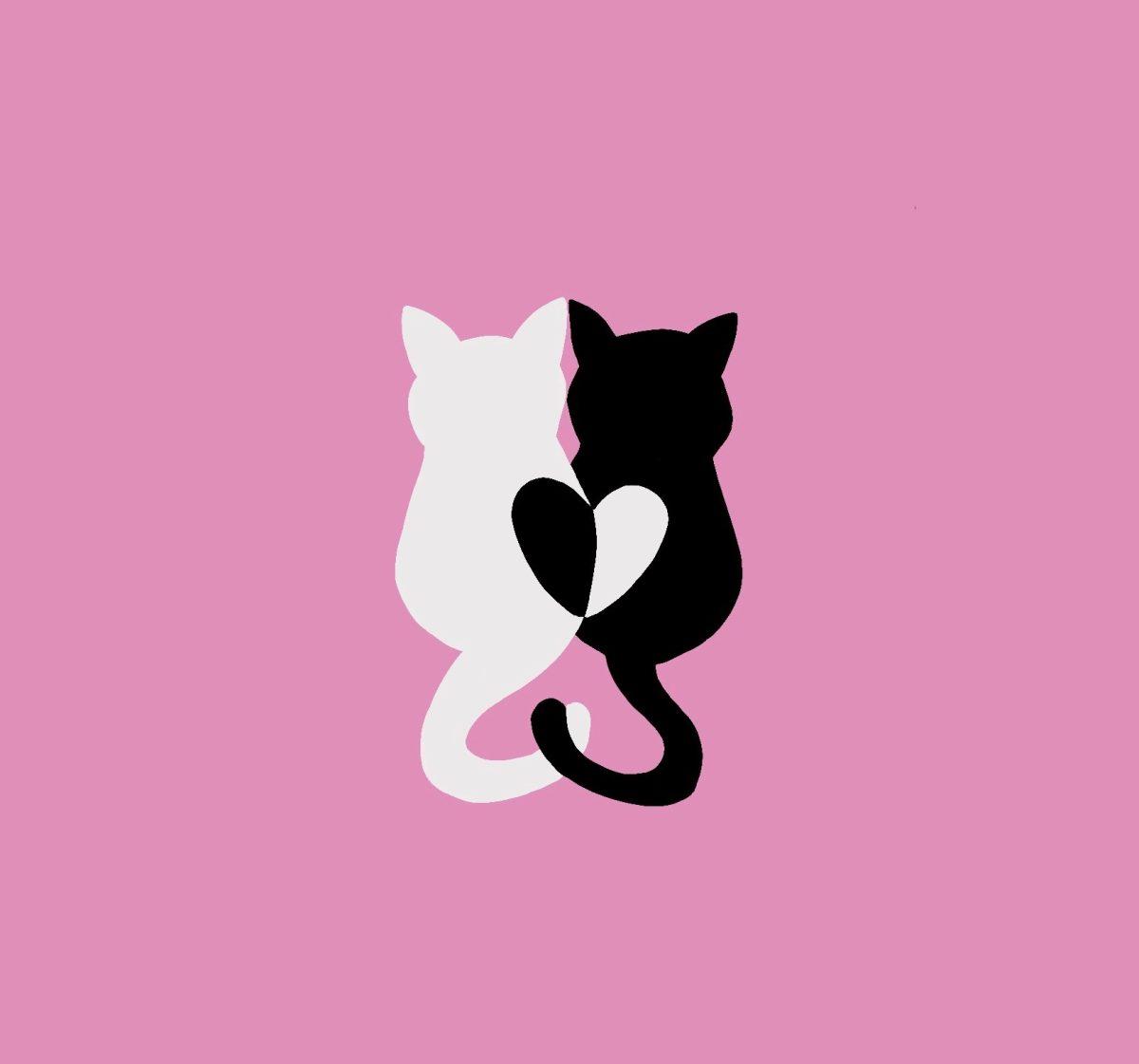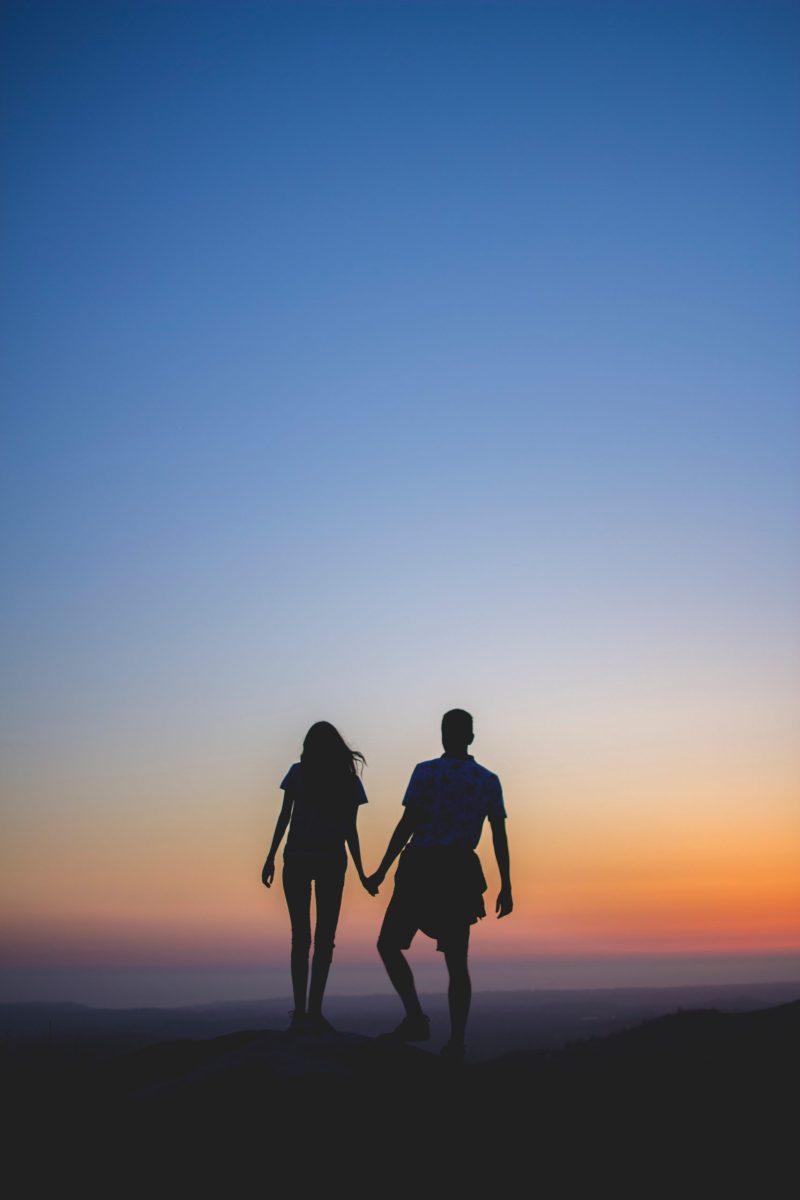Apologies in advance for all the bee-related puns.
Humans are, for the most part, individualistic creatures, preoccupied with their tiny portion of the hive. But occasionally some of us find a reason to venture outward, experiencing a nagging longing for the company of someone else in the hive.
So how do we go about this exploration? Well, old-school dating, meeting each other in person, hardly seems like an option anymore at first . As members of the Wellesley hive, we may be excellent at manning our own stations, but when granted the opportunity to collaborate with a different section of the hive, we recoil. Unless, of course, it is done through the safety of our screens: pictures and biographies accessed late at night through online dating applications such as Tinder, Hinge and Bumble.
When the Bumble posters reading, “2,508 people just arrived on Wellesley’s campus. What are you waiting for?” mysteriously appeared around campus on FDOC, as a naive first-year, I assumed that a Wellesley-Bumble partnership was standard. However, an upper-class student’s remark that this year was the first time she had seen the posters piqued my curiosity.
Suddenly, I couldn’t escape the Bumble swarm that had emerged around campus. I was eating lunch with a group of friends, when I discovered that one of them was scrolling vigorously through Bumble profiles. Later, I opened Facebook to an announcement in the Class of 2023 group and found a contest for a $15 Starbucks gift card if I sent a student a screenshot of my (nonexistent) Bumble profile. What was all the buzz about?
I really wanted to rise above the presence of dating apps at Wellesley. But when my friend informed me that she had three dates coming up within the next week, I was compelled to make a Tinder, not Bumble, account to see what all the hype was about. I pledged to myself that I would only try for casual relationships or friends on the app.
Flash forward to Wellesley’s first Shabbat dinner of the year. When most of my friends got up to get seconds of the delicious hummus, I found myself alone at the dinner table for a moment. Eager to fill the time, I unlocked my phone and watched as my finger tapped on Tinder. Like a robot, I started rapidly swiping: left, right, left, right, right, right, left, left. My friend snapped me out of my trance by returning with a plate full of food, and a thought struck me: what am I doing on Tinder when I could be immersed in this spiritual experience and making new friends? I hadn’t even bothered to message back any of my matches on Tinder, and yet I was spending my time idle-mindedly swiping and tapping when I could have been forging connections in a sacred religious community.
After that reality check, I walked home with more pestering questions about how online dating culture affected our perspective on relationships. Are appearance and an unoriginal 500 character bio (that could have been found on the Internet) enough to determine whether I want to forge a relationship with someone? And what about certain members of the LGBTQ+ community? Sure, dating apps have come a long way in terms of queer inclusivity, but what about asexual people who are only seeking romantic relationships? The “hook-up” culture surrounding apps like Tinder and Bumble inherently excludes people who might just be using them as a space to interact with new faces on campus.
Most importantly for me, downloading Tinder right after arriving on Wellesley’s campus distracted me from my more important pursuits of forging long-lasting friendships and holding unique experiences from the start of college close to my heart. The guilt from venturing on Tinder during Shabbat dinner, which is meant to help us unplug from the stressors of everyday life, prompted me to delete the application. I pledged to avoid relying on my phone for making connections at Wellesley.
I put myself to the test at breakfast at Pom the next day. Yes, it was difficult to venture outside my section of the hive, but I am meeting people who I (hope) to consider some of my closest friends at my new home. Maybe we were even, dare I say it, thriving together?









